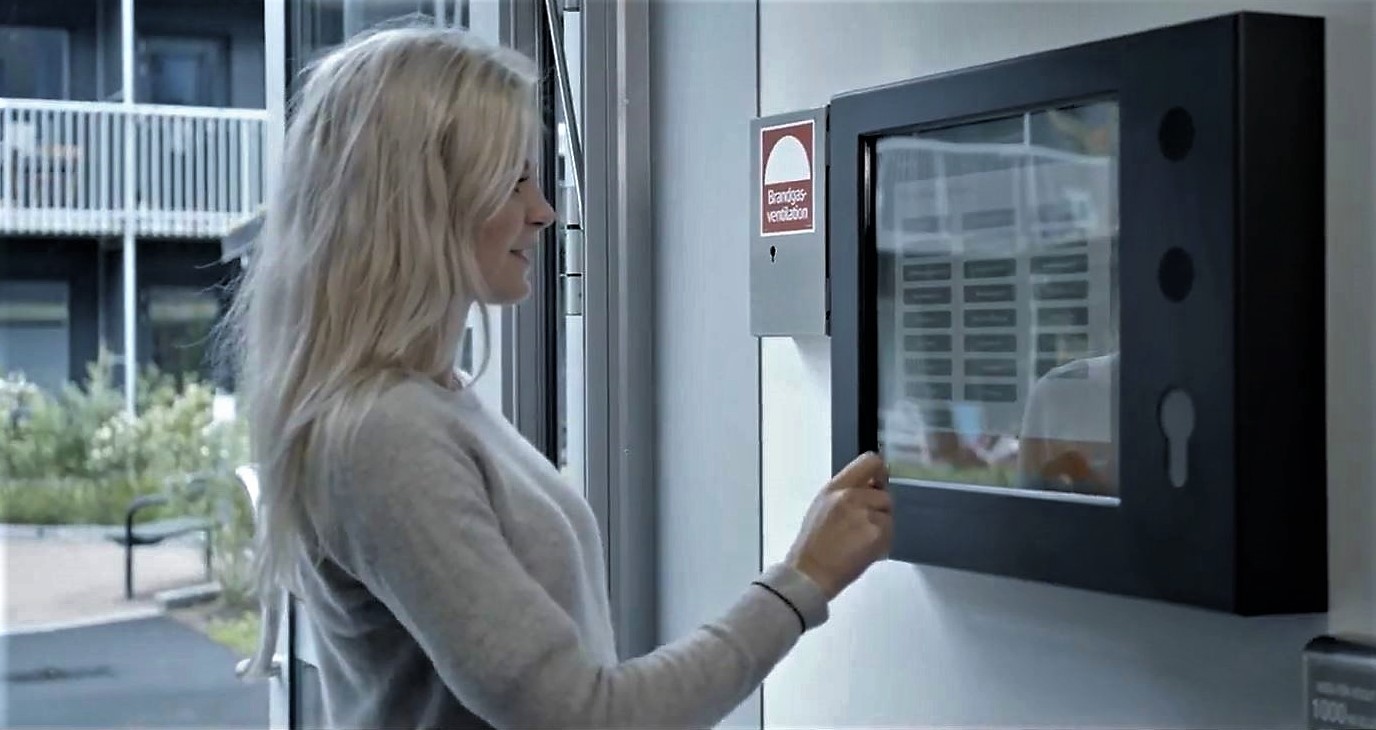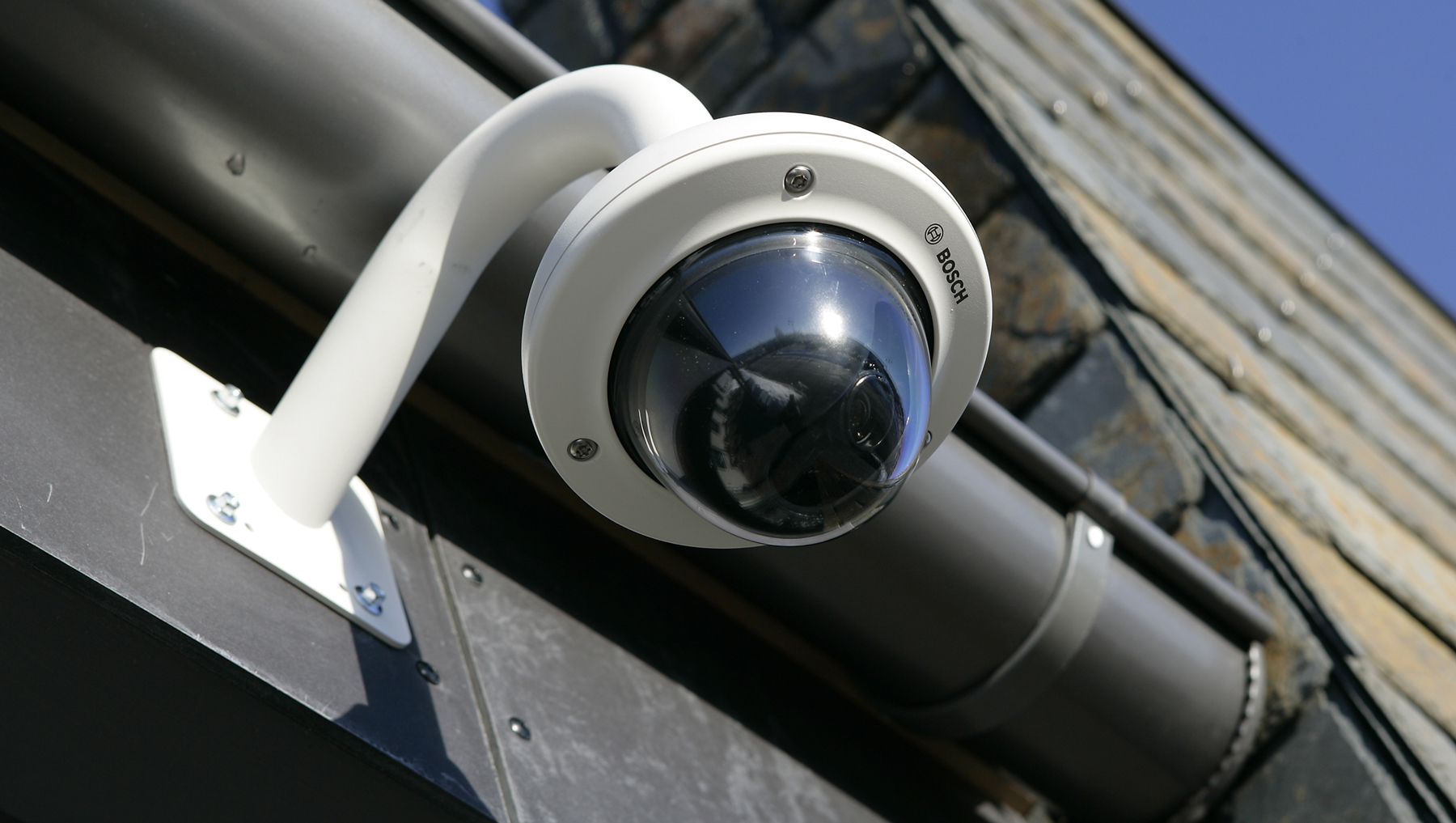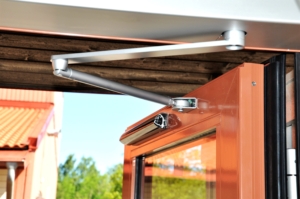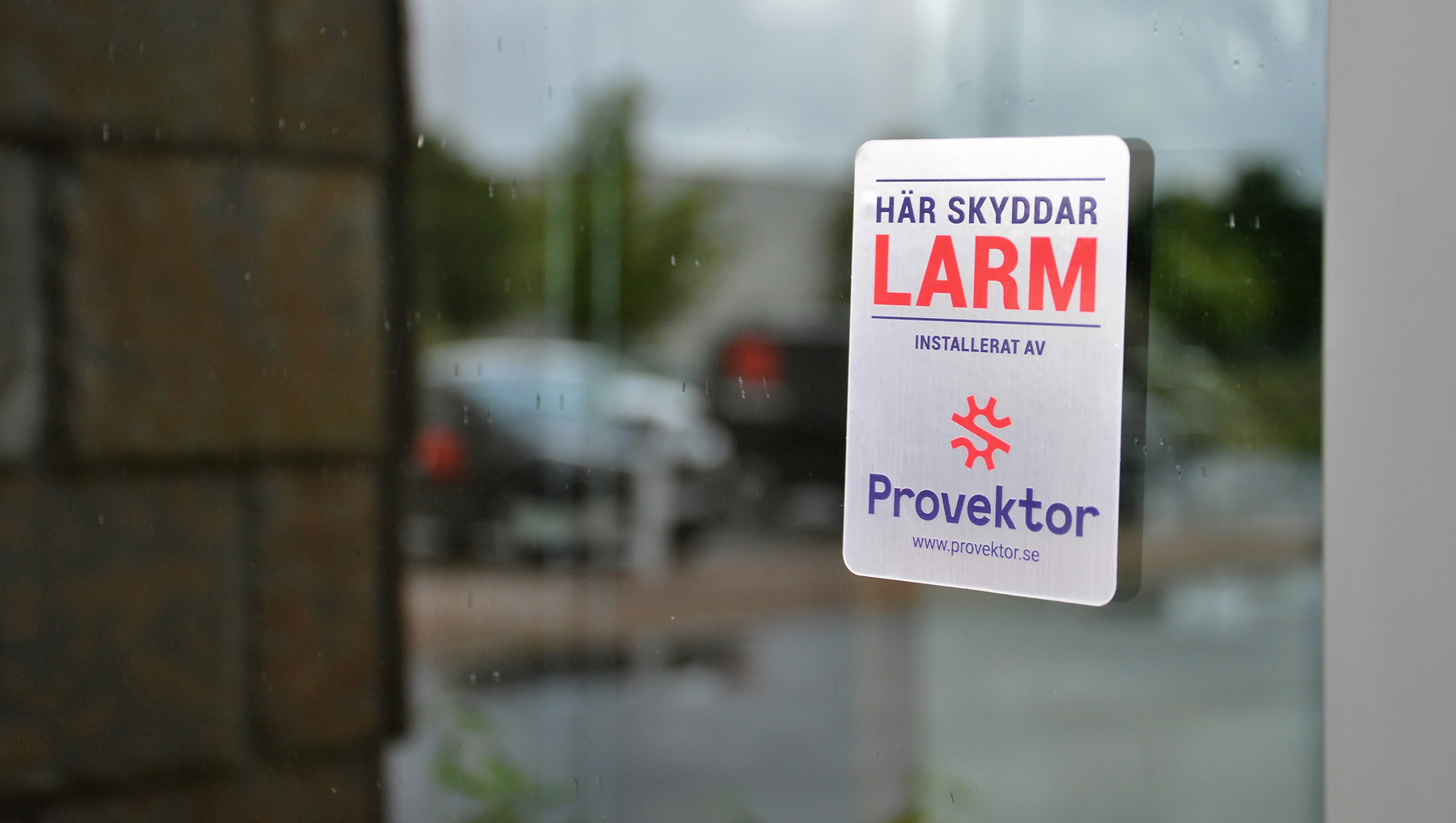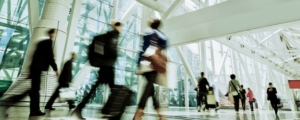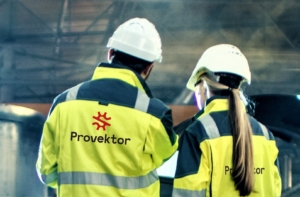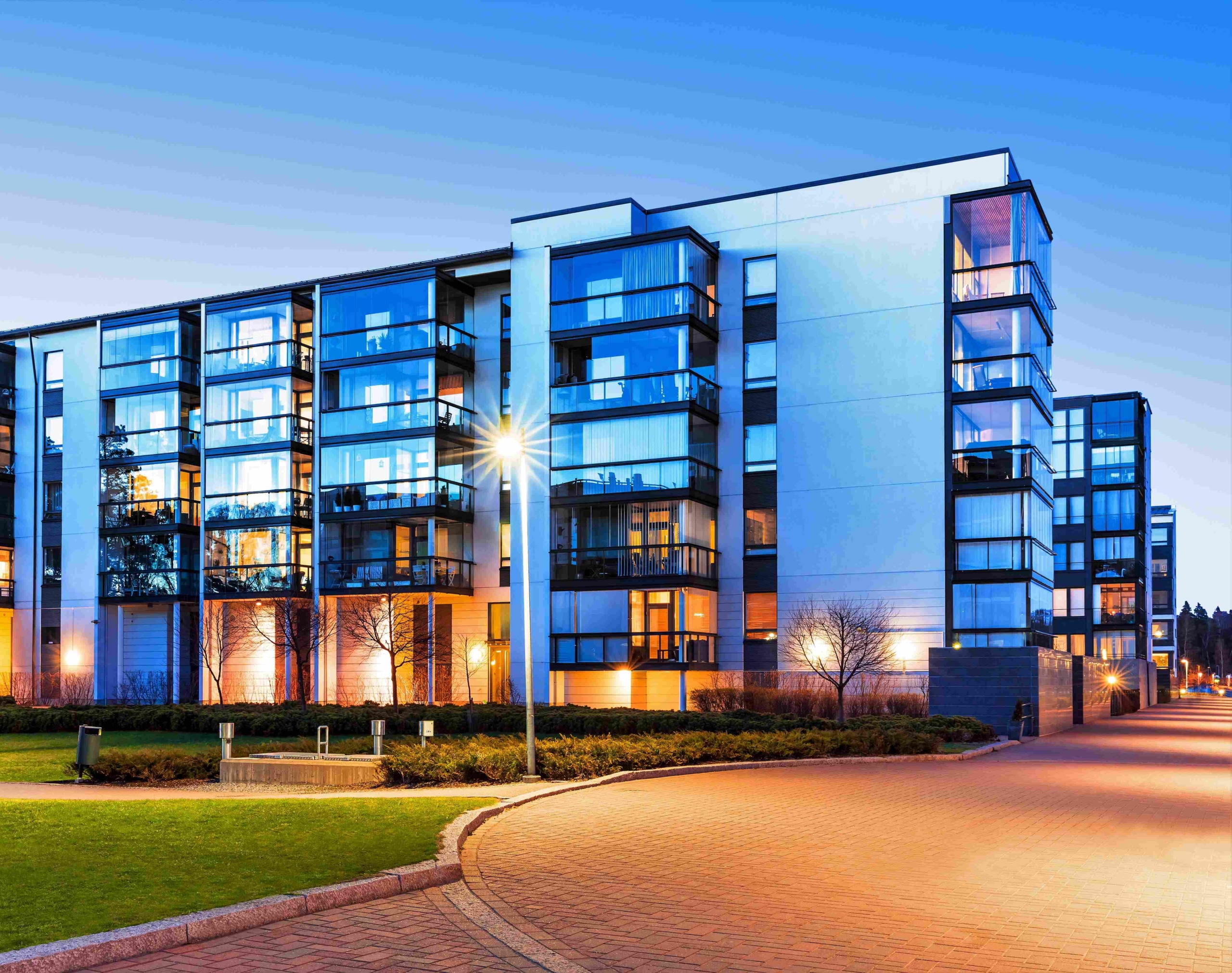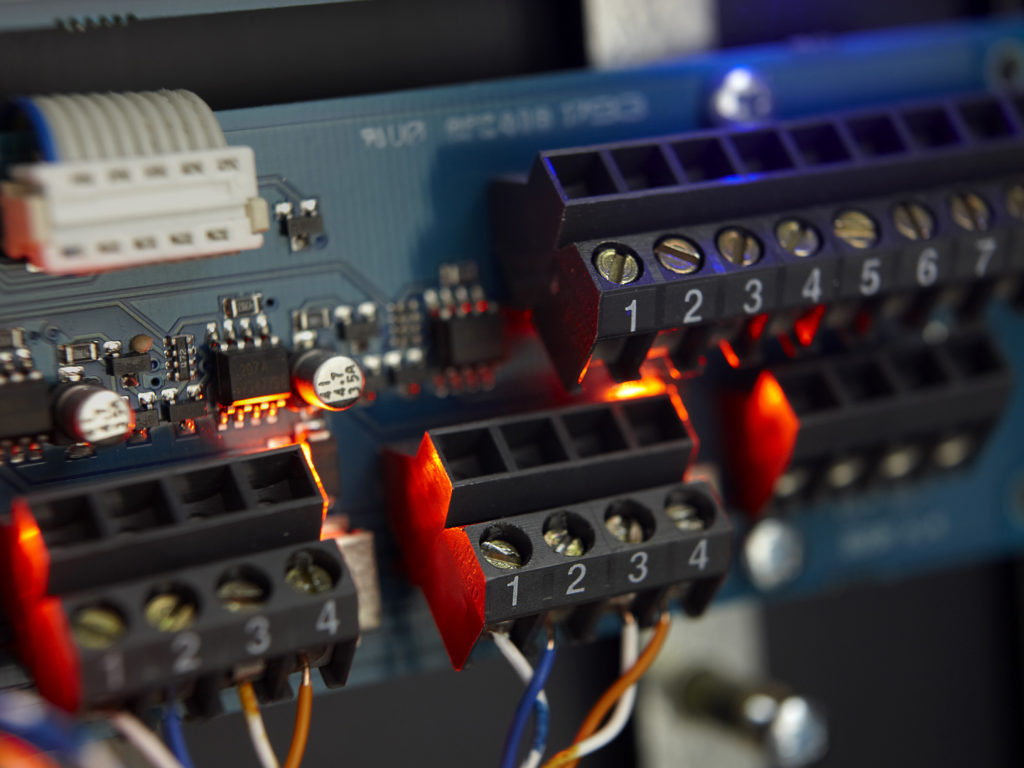
Access & security systems
Being able to easily keep track of who is in your property is becoming increasingly important in times of events that just a few decades ago would have been unthinkable.
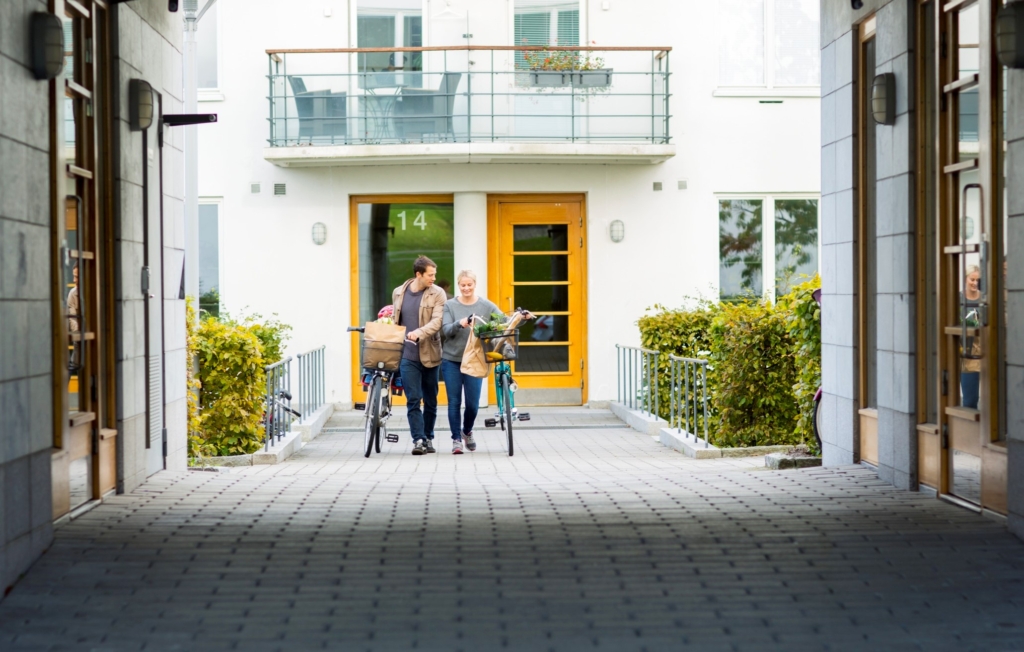
Flexible security
Access systems are not only about providing security and protecting material values - in various forms, they are just as much about sustainability and, not least, convenience in everyday life. An important function of an access system is also to minimize energy consumption, for example by adapting lighting, ventilation and temperatures to the presence in the premises. Here, modern technology offers unprecedented opportunities.
Adaptation to unique needs
Integrating access control systems with alarms, surveillance cameras, entry phones, information boards and various building automation solutions is becoming increasingly common and provides maximum visibility of the technology in your buildings. But because each company's needs are unique, we always start by listening to you, before developing a proposal based on future-proof, easy-to-manage solutions. Conditions and needs can change quickly - and we want you to have freedom of action.
Burglar alarms - Access control systems - Fire alarms - Camera surveillance - Entry phones - Booking boards - Safety alarms for lone working - Mobile control - Systematic fire protection work (SBA) - Computer networks - Locks & fittings - Automatic doors - Building automation - Service agreements
Fire protection - We are certified MAUS Stixx Pro installers!
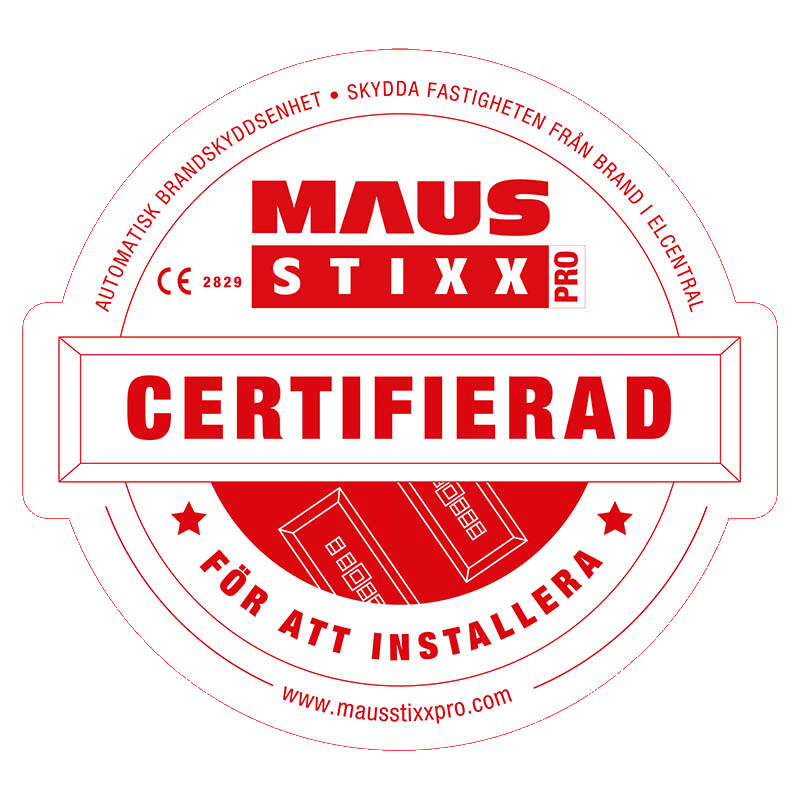
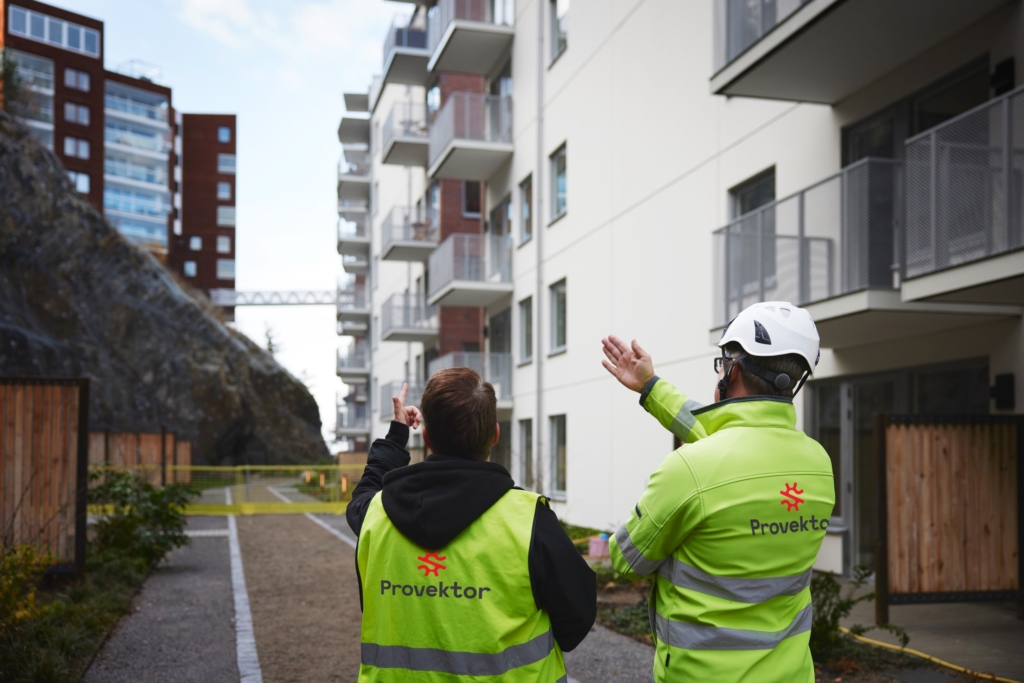
References
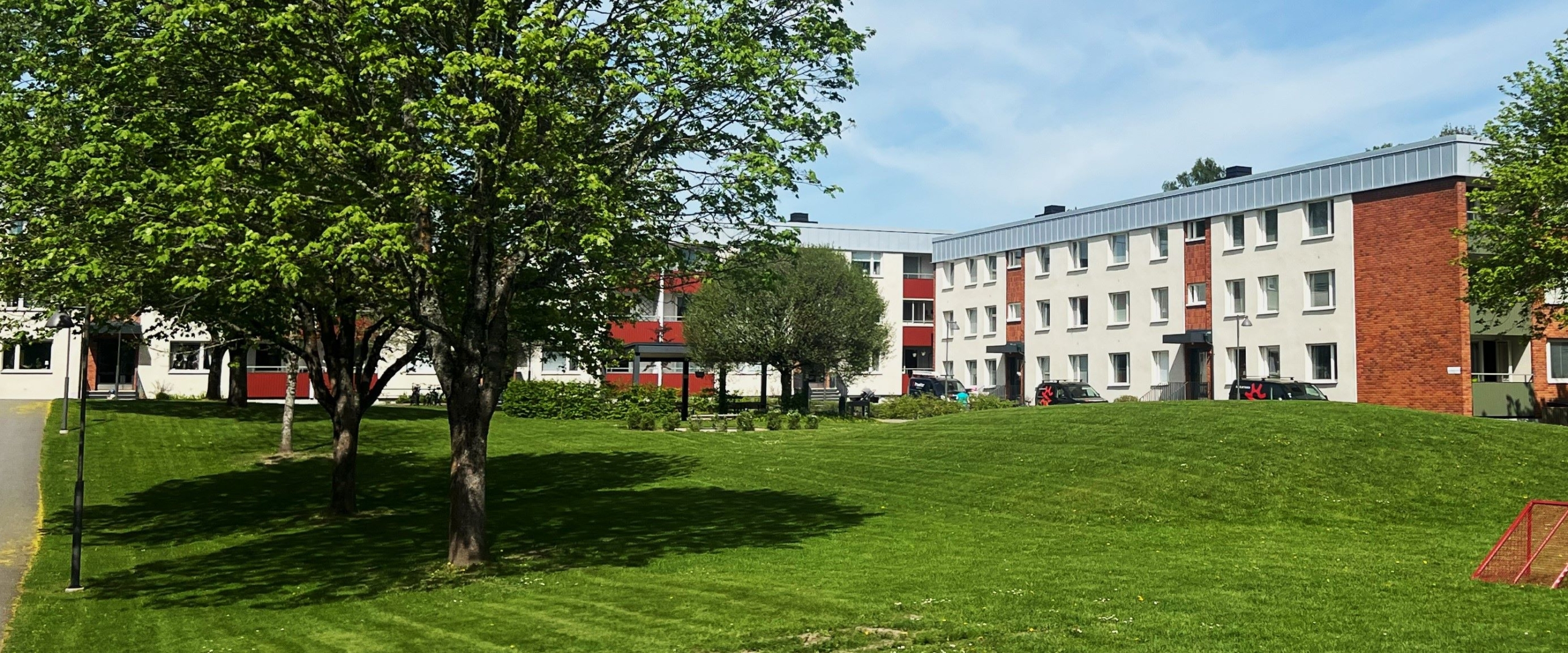
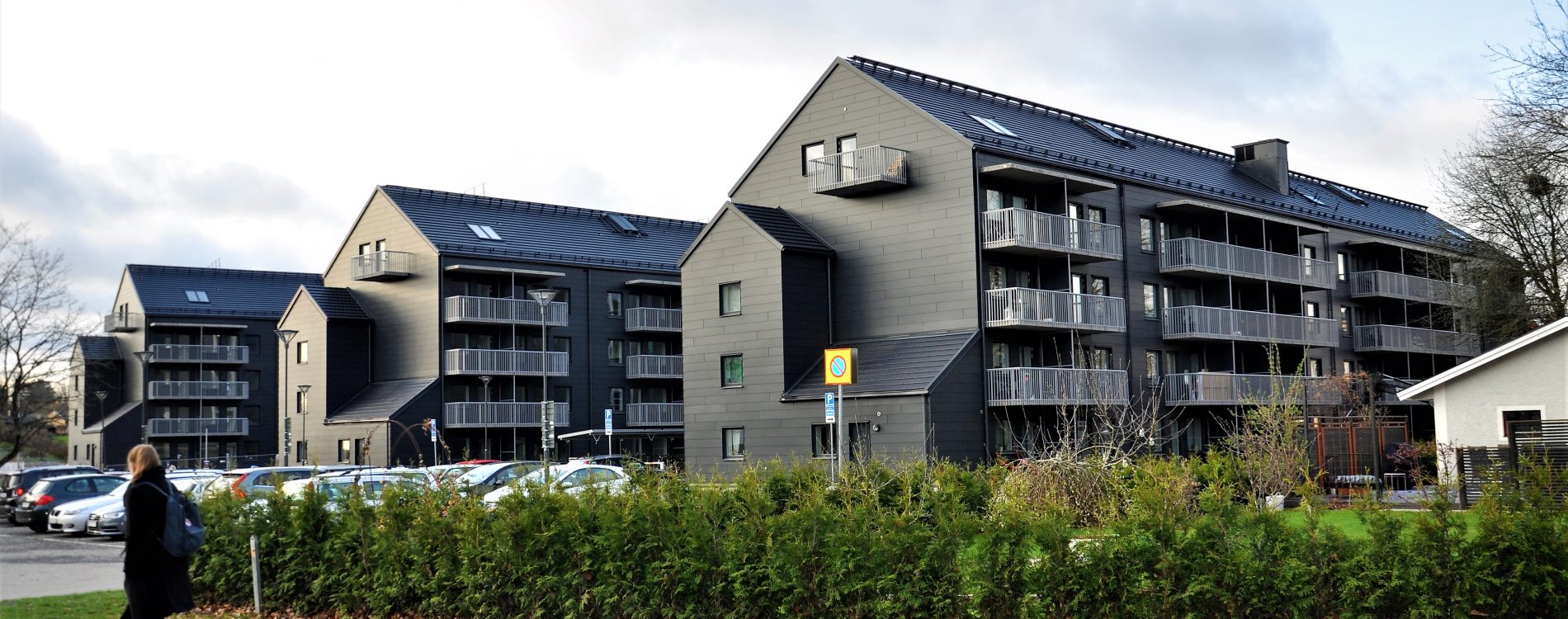
Ekedal - climate-smart built in energy-efficient passive house technology
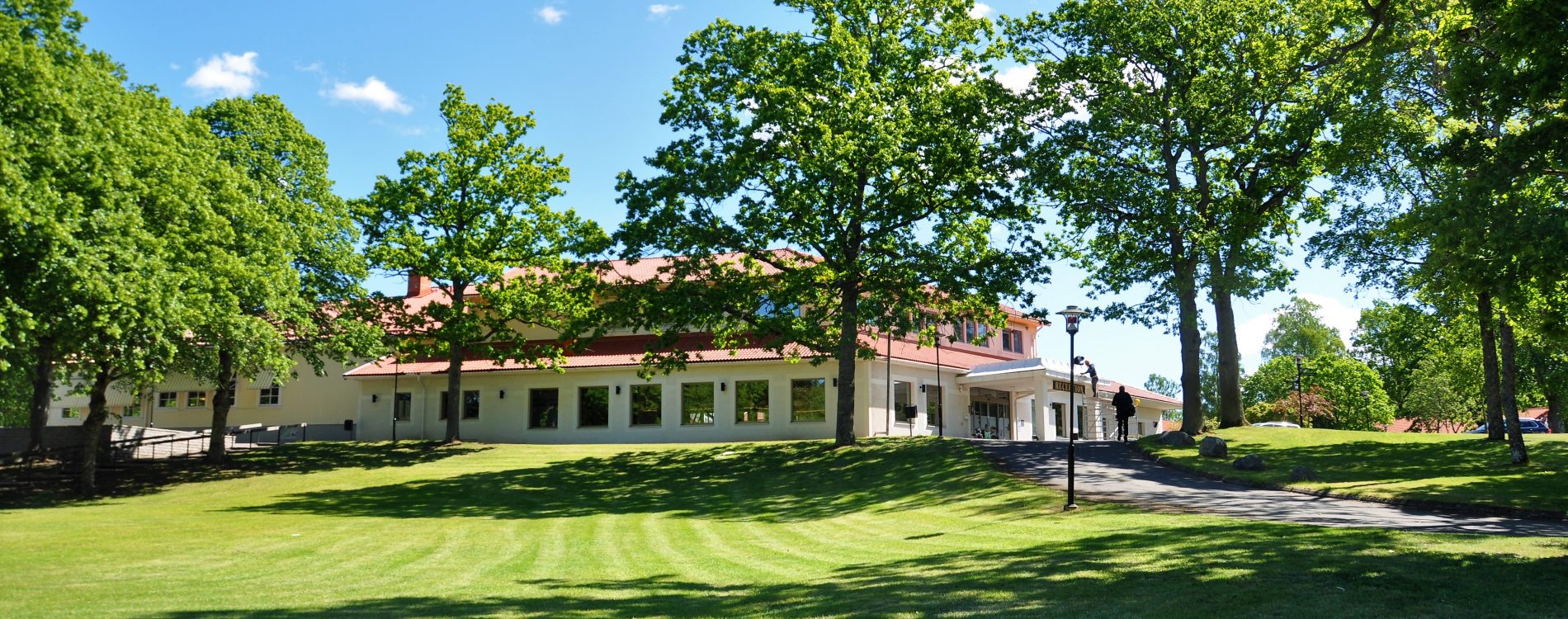
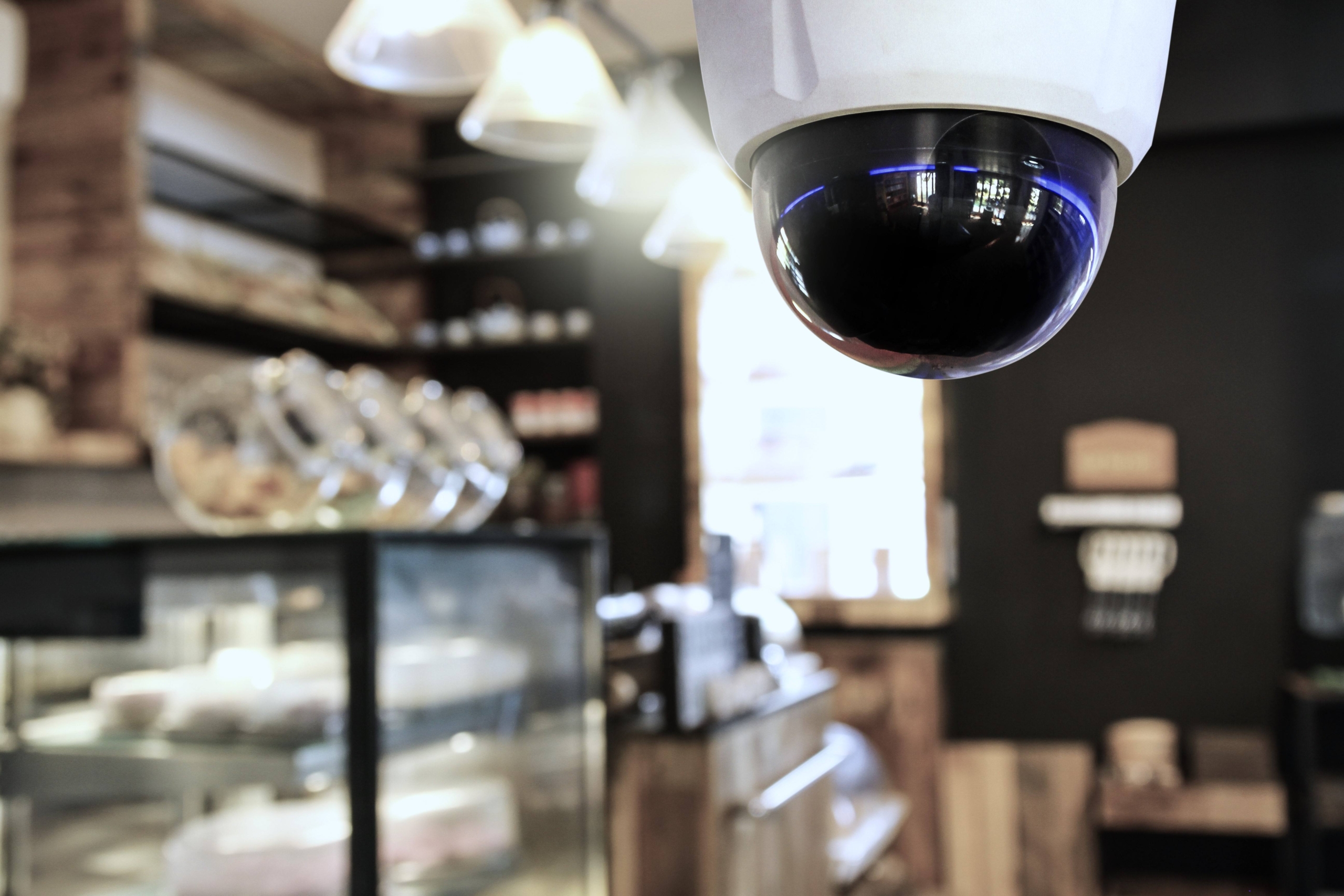
Frequently asked questions
The cost of an access control system varies. We visit and discuss with the customer what features they require, to get a system according to that particular customer's needs. We then look at variables such as - existing system or locks, any existing cabling and what we could reuse to get the most cost effective and secure solution possible.
We carry out free design visits with an experienced security installer, to give you the most accurate quote possible. Please contact us for more detailed information.
An access control system replaces traditional keys. However, an insurance company may require additional key locking for certain doors with high security requirements. It may also be useful to retain the option of opening with a key as a backup.
Users are given a tag/badge that is identified by the system's readers. The authorization of each user determines whether they are allowed to pass. Some may have access to all doors 24 hours a day, while other users have limited access to certain days, times and doors. Receipt of a badge is similar to receipt of a key, but a lost badge is easily blocked in the system and then replaced by a new one at no great cost.
In the access control systems we install, updates are released continuously, these should be installed to keep the system updated and in some cases other functions. Updates mean improvements and increase the security of the system.
Installation of updates is included in the service agreement that we offer the customer.
Absolutely you can, start small so you can get the economy to the functions you need right now, to later expand the system with more functions, for example different booking systems such as laundry room booking.
To easily know that you have an updated system, but also to get help faster if any electric lock, door automation or card reader / booking screen should break.
Most booking systems allow you to log in via the internet and book a room or laundry room, for example. Another way is to book via a booking board that you mount at the laundry room or stairwell.
The administration of tags, authorizations, etc. is also done with most systems via the internet.
Two laws regulate camera surveillance - the Camera Surveillance Act and the General Data Protection Regulation (GDPR). For private individuals monitoring their own property, no special permission is required. Simply put, the law applies to places where the public has access. You have the right to monitor your own property, but monitoring the street outside requires a permit. However, it is important to note that even if permission is not required under the Camera Surveillance Act, it does not necessarily mean that it is allowed under the GDPR.
The choice of a security camera depends entirely on where it will be placed, e.g. outdoors or indoors. What you want to see, when you want to see it, the distance to what you want to see and whether you want to look at several different things with one camera. Lighting conditions are very important for your choice of camera, and if there is a risk of the camera being damaged, this should also be taken into account.
Curious about Provektor? Get in touch and we'll tell you more!
